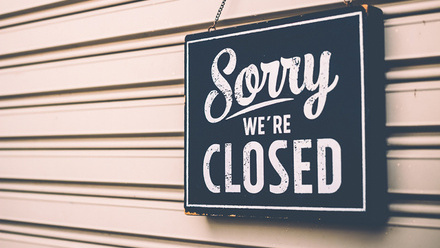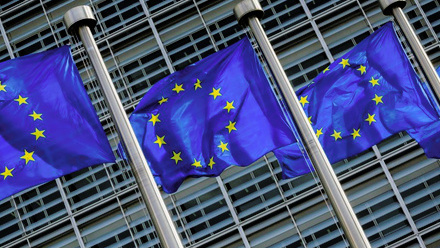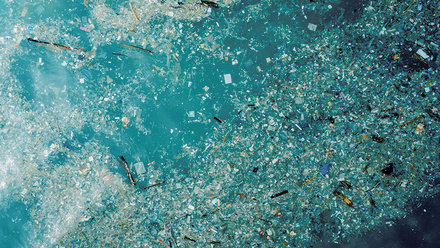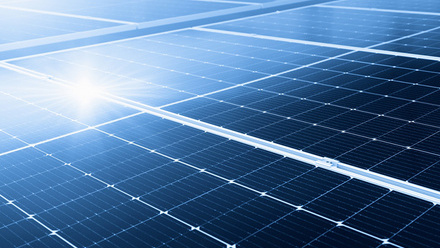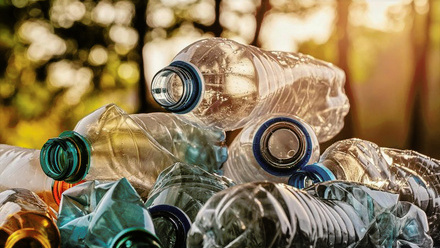Import controls needed to stem 'crisis' in EU plastics recycling
Plastics Recyclers Europe highlights a sharp decline in domestic production, increased imports and rising economic pressures.
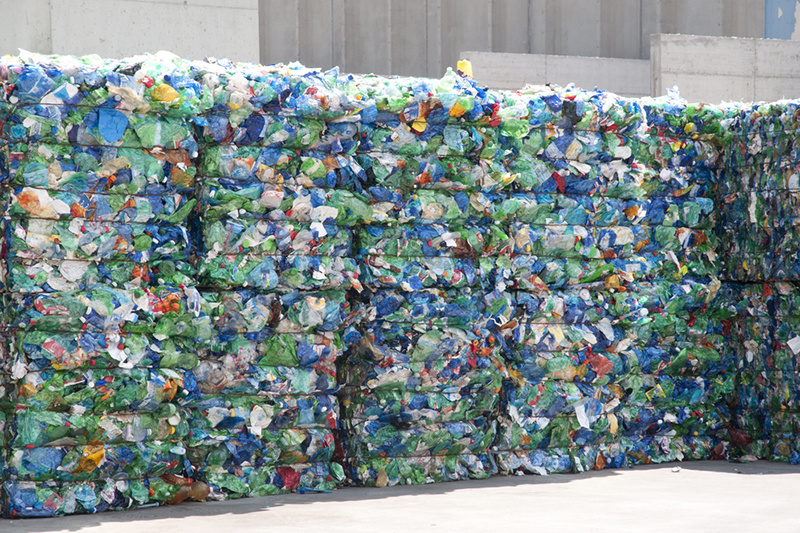
The trade body states, 'Besides the critical market trends, European recyclers are grappling with high energy costs and soaring input waste costs, which have increased operational expenses over the last few years.
'Meanwhile, they are being undercut by cheaper imported materials, which often come with fraudulent claims due to the lack of transparency in the origin of materials.'
Imports of both recycled and virgin polymers are reported to account for over 20% of EU polymer consumption, while domestic recycling production has declined by 5% for most polymers. EU plastic production is projected to regress to levels last seen in the year 2000, even as polymer consumption continues to grow.
At the same time, plastic waste exports from the EU surged by 36% in 2024 compared to 2022, highlighting a shift away from in-region recycling efforts. These trends have resulted in the slowest plastic recycling capacity growth recorded in years, paired with the increasing closure of recycling facilities, Plastics Recyclers Europe warns.
The total capacity of facilities that shut down in 2024 doubled compared to 2023.
Ton Emans, President at Plastics Recyclers Europe, says, 'We urge EU policymakers to take a fast and strong political stance, introducing effective import controls and enforcing existing legislation, including the restriction of importing materials which do not meet equivalent EU sustainability and safety standards.
'These measures are crucial for the plastic recycling industry’s survival, which has already invested 5bln euros between 2020 and 2023 just to meet mandatory targets.'


